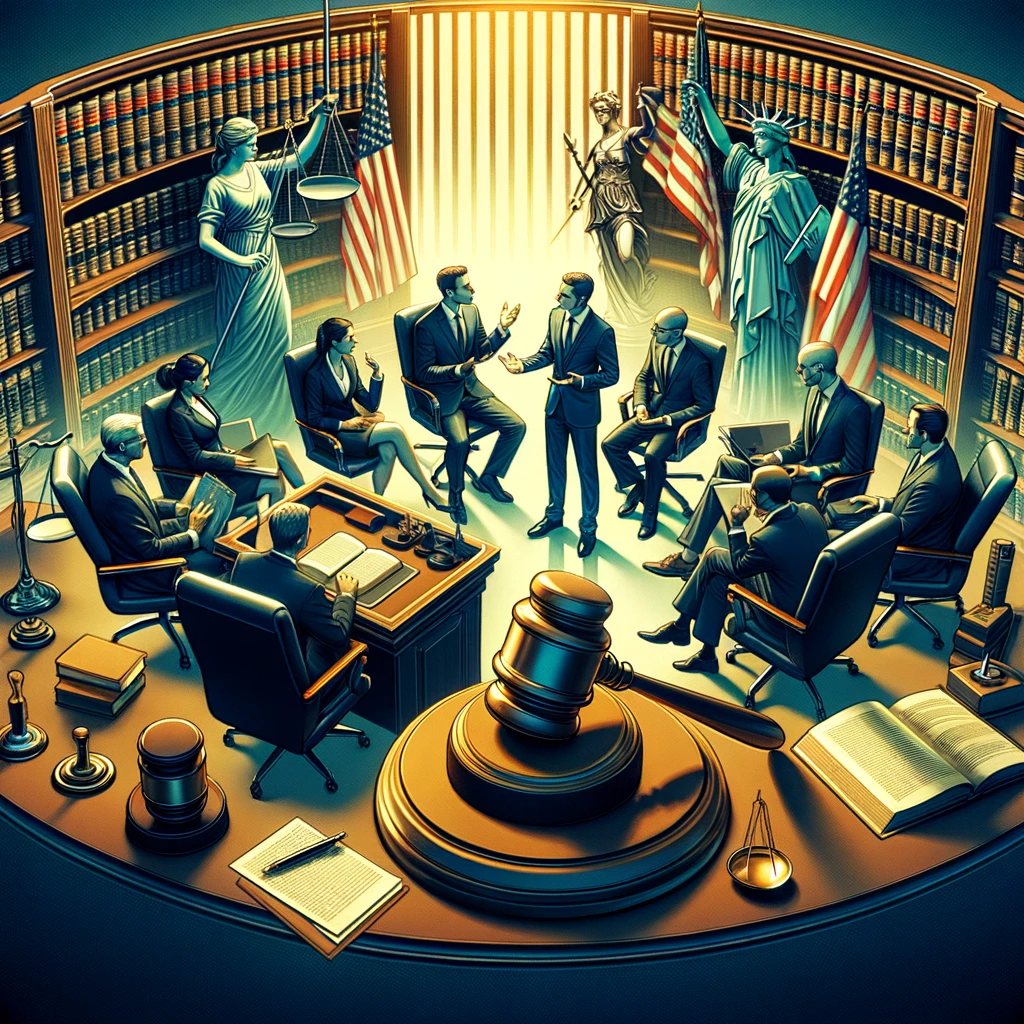The Constitutional right to privacy is a fundamental aspect of American liberty, offering protections against unlawful searches and ensuring personal freedom.
The Fourth Amendment: A Pillar of Privacy

The Fourth Amendment explicitly safeguards citizens’ rights to privacy, stating:
“The right of the people to be secure in their persons, houses, papers, and effects, against unreasonable searches and seizures, shall not be violated, and no Warrants shall issue, but upon probable cause, supported by Oath or affirmation, and particularly describing the place to be searched, and the persons or things to be seized.”
United States Constitution
This amendment forms the basis of the legal expectation of privacy within one’s home and protection from arbitrary governmental intrusions.
The Fourteenth Amendment: Extending Protections
The Fourteenth Amendment ensures that states uphold the constitutional rights granted to citizens, including privacy rights. It prevents states from enacting laws that diminish these federally protected rights, allowing for more stringent state-level privacy laws.
Legal Precedents and Privacy
Over the years, various legal challenges have shaped the landscape of privacy rights:
- In “Carroll v. United States, 267 U.S. 132 (1925),” the court ruled that police could search an automobile without a warrant if they have probable cause.
- “United States v. Ross, 456 U.S. 798 (1982)” upheld warrantless searches of vehicles, including compartments like glove boxes and trunks, under certain conditions.
The Impact of Legislation on Privacy
Post-9/11 laws like the Patriot Act introduced measures that, while aimed at combating terrorism, raised significant privacy concerns. The ACLU v. Clapper case in 2015 highlighted these issues, with the court finding that the collection of telephone metadata violated the Patriot Act, although it didn’t address the constitutionality directly.
The Ongoing Debate on Privacy Rights
The constitutional right to privacy remains a vital, yet contested, area of law, balancing individual freedoms with national security and public safety interests. As technology and societal norms evolve, so too will the interpretation and application of these fundamental rights.






